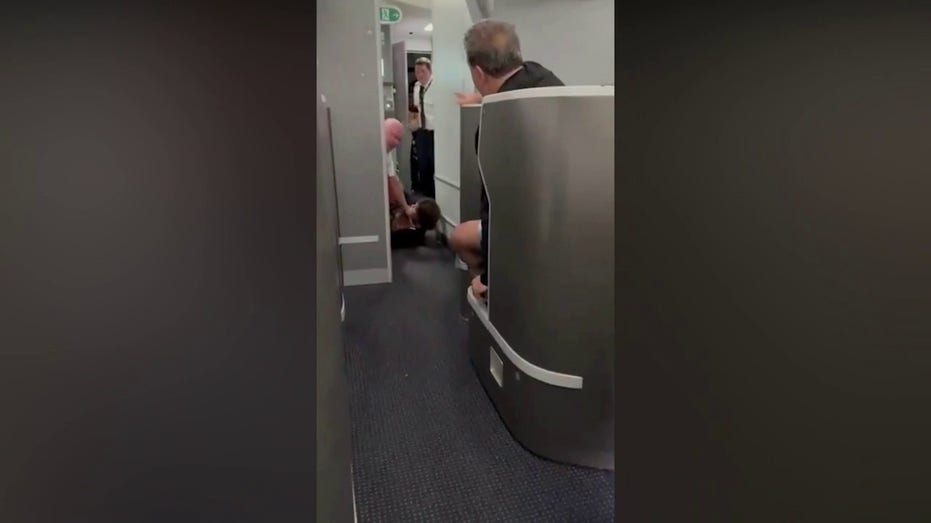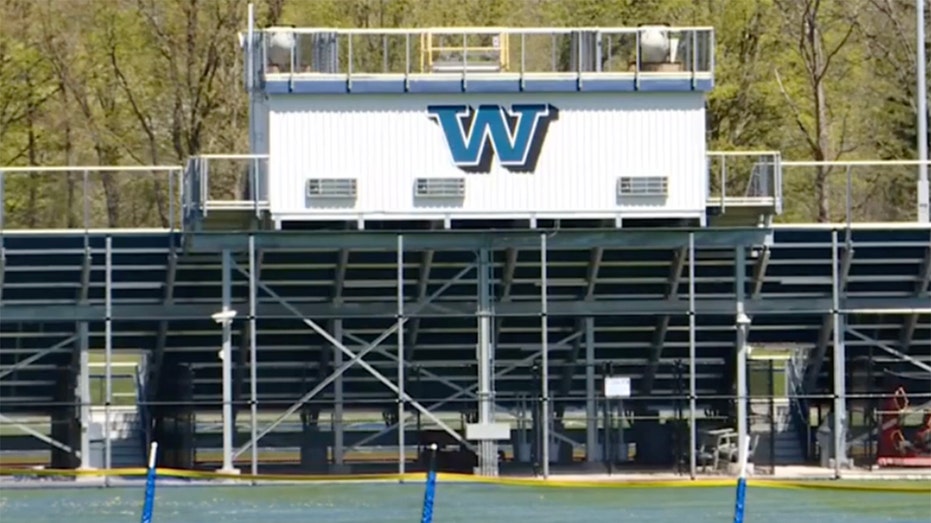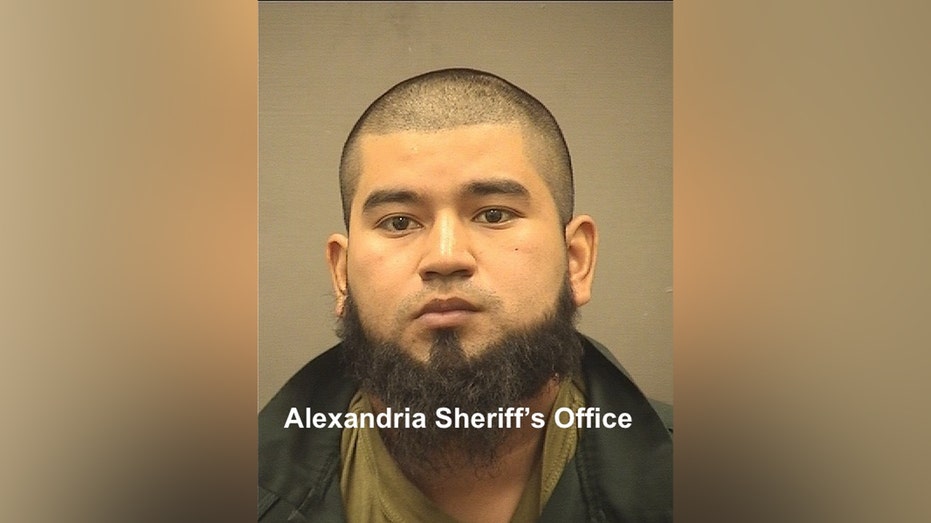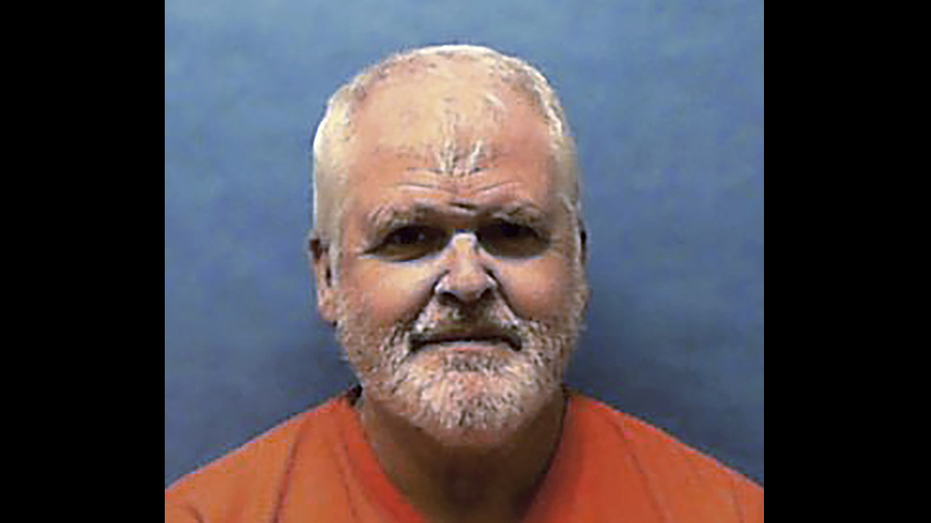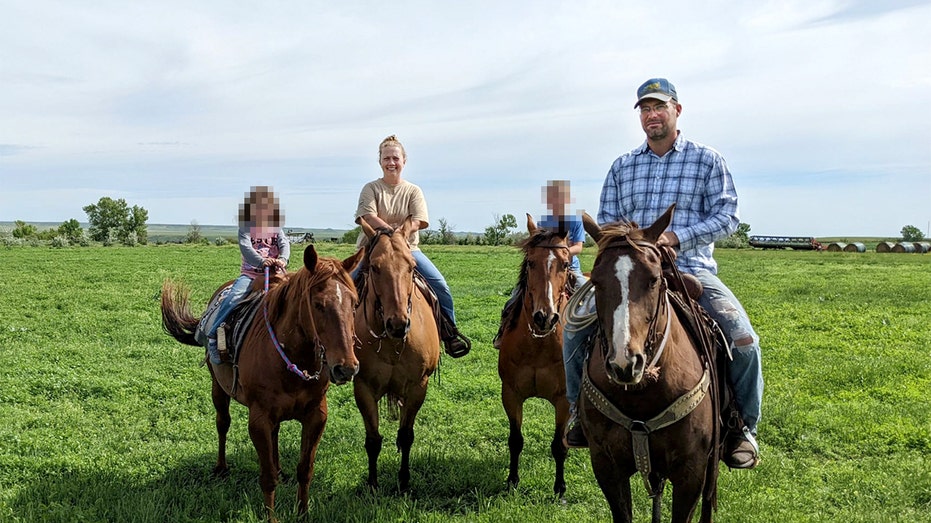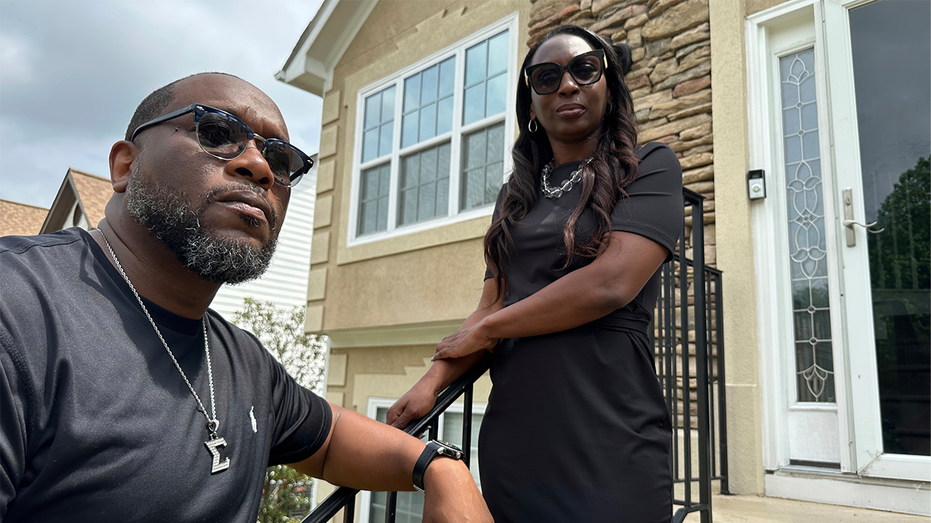
The U.S. Supreme Court is preparing to hear arguments in a high-stakes legal battle stemming from a wrongful FBI raid on a Georgia home. The case centers on TRINA MARTIN, who is suing the U.S. government after federal agents mistakenly stormed her Atlanta residence in 2017.
On October 18, 2017, FBI agents broke into MARTIN’s home before dawn, pointing guns at her and her then-boyfriend, TOI CLIATT, while her 7-year-old son screamed from another room. Agents blocked MARTIN from attending to her child until they realized they had targeted the wrong house in their search for a suspected gang member.
MARTIN, a 46-year-old mother, filed a lawsuit in 2019 accusing the FBI of assault, battery, false arrest, and other violations. However, a federal judge dismissed the case in 2022, and the 11th U.S. Circuit Court of Appeals upheld the decision last year.
Her attorneys are now petitioning the Supreme Court to reinstate the lawsuit, arguing that the Federal Tort Claims Act of 1974 allows such claims against the government. They contend that dismissing the case would leave victims of wrongful raids without recourse.
The Justice Department, under the Biden administration, has argued that courts should not second-guess law enforcement decisions. The FBI claims its agents conducted advance work and mistakenly relied on a faulty GPS, leading them to MARTIN’s home instead of the suspect’s residence, located a few houses away.
MARTIN and her family say the raid has left lasting trauma. MARTIN stopped coaching track because the sound of a starting pistol reminded her of the flashbang grenade used during the raid. CLIATT, 54, had to leave his truck-driving job due to sleep deprivation, and their son developed severe anxiety, pulling threads from his clothes and peeling paint off walls.
“We’ll never be the same, mentally, emotionally, psychologically,” MARTIN told The Associated Press. “When you’re not able to protect your child or at least fight to protect your child, that’s a feeling that no parent ever wants to feel.”
The Supreme Court’s decision could set a precedent for when and how the federal government can be sued for law enforcement actions. Lower courts have issued conflicting rulings on wrongful raid cases, creating a legal disparity that only the high court can resolve.
TONY THOMAS, an FBI Atlanta spokesperson, declined to comment on the pending litigation. The family has yet to receive any compensation for the damage to their home or the emotional toll of the incident.
The case raises critical questions about accountability and the limits of government immunity, with profound implications for future lawsuits against federal law enforcement.
[Sources: Associated Press](#)

